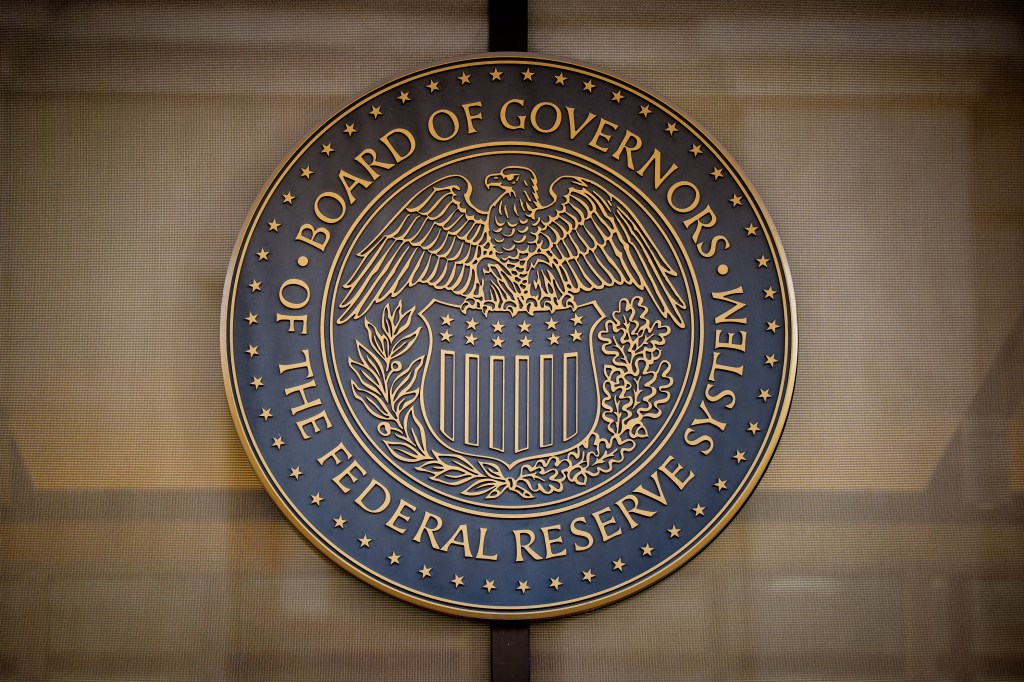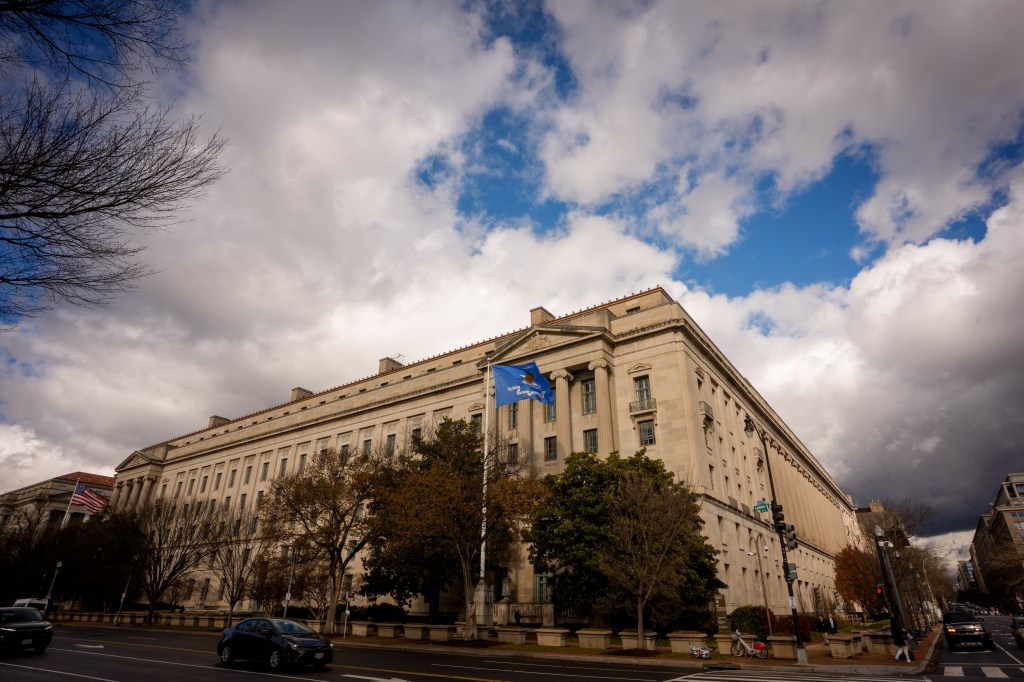A committee of the US House of Representatives has accused BlackRock and MSCI of profiting from investments that help the Chinese military and undermine American security.
In letters to BlackRock’s CEO, Larry Fink, and MSCI’s CEO, Henry Fernández, the top Republican and Democrat on the panel said the groups’ decisions
Register for free to keep reading
To continue reading this article and unlock full access to GRIP, register now. You’ll enjoy free access to all content until our subscription service launches in early 2026.
- Unlimited access to industry insights
- Stay on top of key rules and regulatory changes with our Rules Navigator
- Ad-free experience with no distractions
- Regular podcasts from trusted external experts
- Fresh compliance and regulatory content every day
















